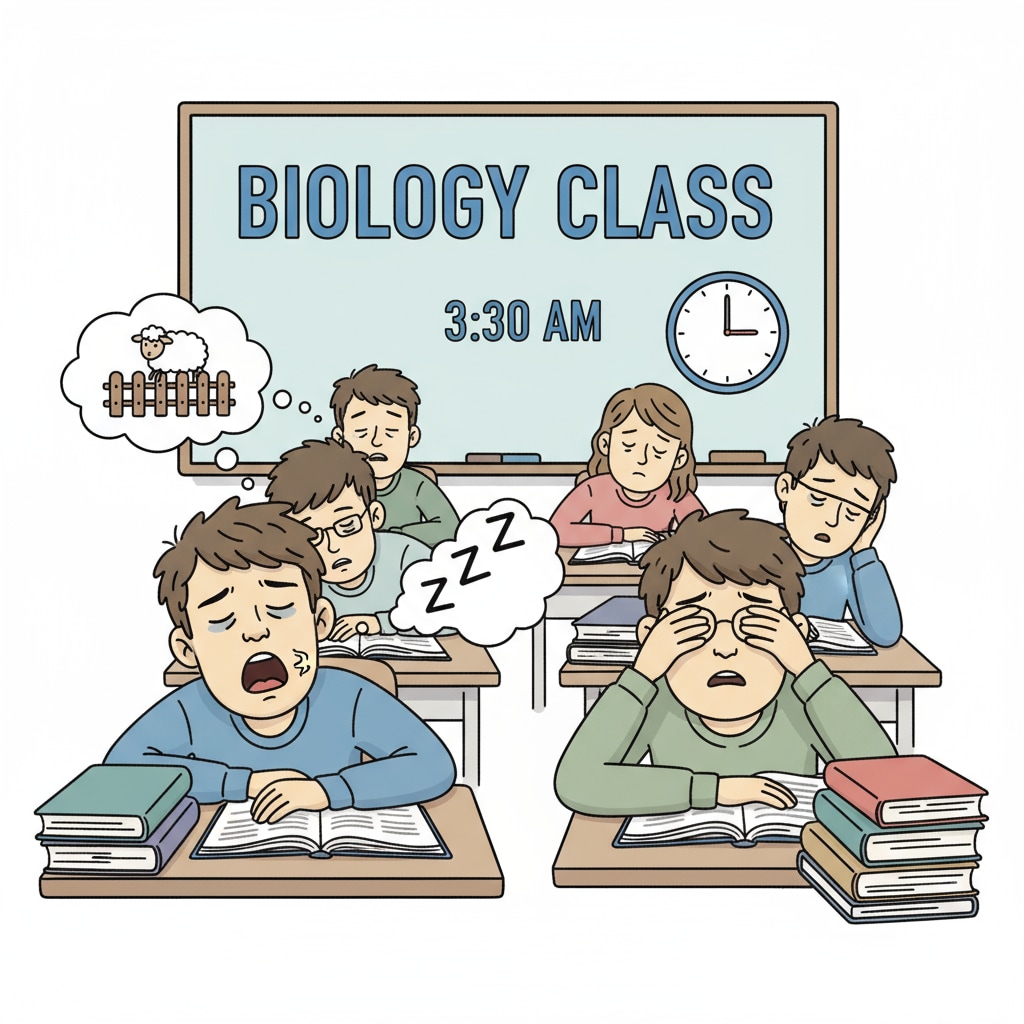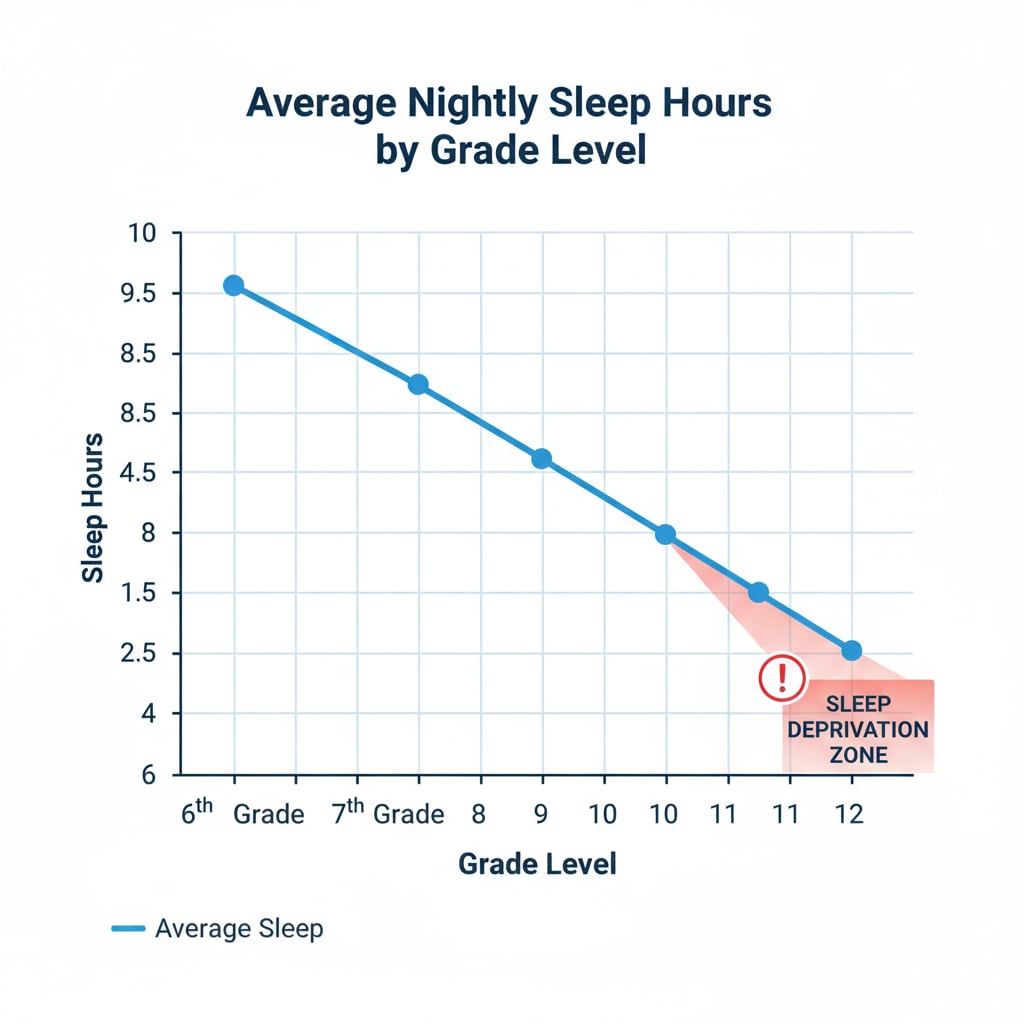Sleep deprivation, mental health, and student autonomy are intertwined issues that are currently plaguing the K12 education system. In today’s academic environment, students are often pushed to their limits, sacrificing sleep for excessive study loads. This not only takes a toll on their mental health but also curtails their autonomy to manage their own lives.

The Alarming Prevalence of Sleep Deprivation
According to CDC research, a significant number of students in the K12 system are not getting enough sleep. The pressure to excel academically, coupled with long hours of homework, extracurricular activities, and early school start times, leaves students exhausted. For example, many high school students are expected to wake up as early as 6 am to catch the school bus, after spending hours on homework the previous night. This lack of sleep can lead to a variety of health problems, both physical and mental.

The Ripple Effects on Mental Health
The impact of sleep deprivation on mental health is profound. When students don’t get enough sleep, they are more likely to experience mood swings, anxiety, and depression. As a result, their ability to focus in class and perform well academically is also affected. In addition, sleep is crucial for cognitive development, and chronic sleep deprivation can hinder a student’s ability to learn and retain information. The American Psychological Association has emphasized the importance of sleep for maintaining good mental health.
The Suppression of Student Autonomy
Student autonomy is being increasingly suppressed in the face of sleep deprivation. With a rigid school schedule and heavy academic demands, students have little say in how they manage their time. They are often forced to prioritize schoolwork over sleep, leaving them with no choice but to sacrifice their well – being. This lack of autonomy can make students feel like passive recipients of education rather than active participants in their own learning journey.
Steps Towards Restoring Balance
To address these issues, the education system needs to undergo significant changes. First, schools should adjust their start times to allow students more sleep. Second, educators should reduce the amount of homework and focus on more efficient teaching methods. This would give students more time to rest and also develop their autonomy by allowing them to manage their own study time. Finally, parents and teachers should work together to educate students about the importance of sleep and mental health, empowering them to make better decisions about their well – being.
Readability guidance: By highlighting the issues of sleep deprivation, its impact on mental health, and the suppression of student autonomy, we can work towards a more balanced education system. Using short paragraphs and clear lists helps in presenting these complex ideas in an accessible way. Transition words like ‘for example’, ‘in addition’, and ‘as a result’ are used to connect ideas smoothly, while maintaining an appropriate proportion of passive and long sentences.


